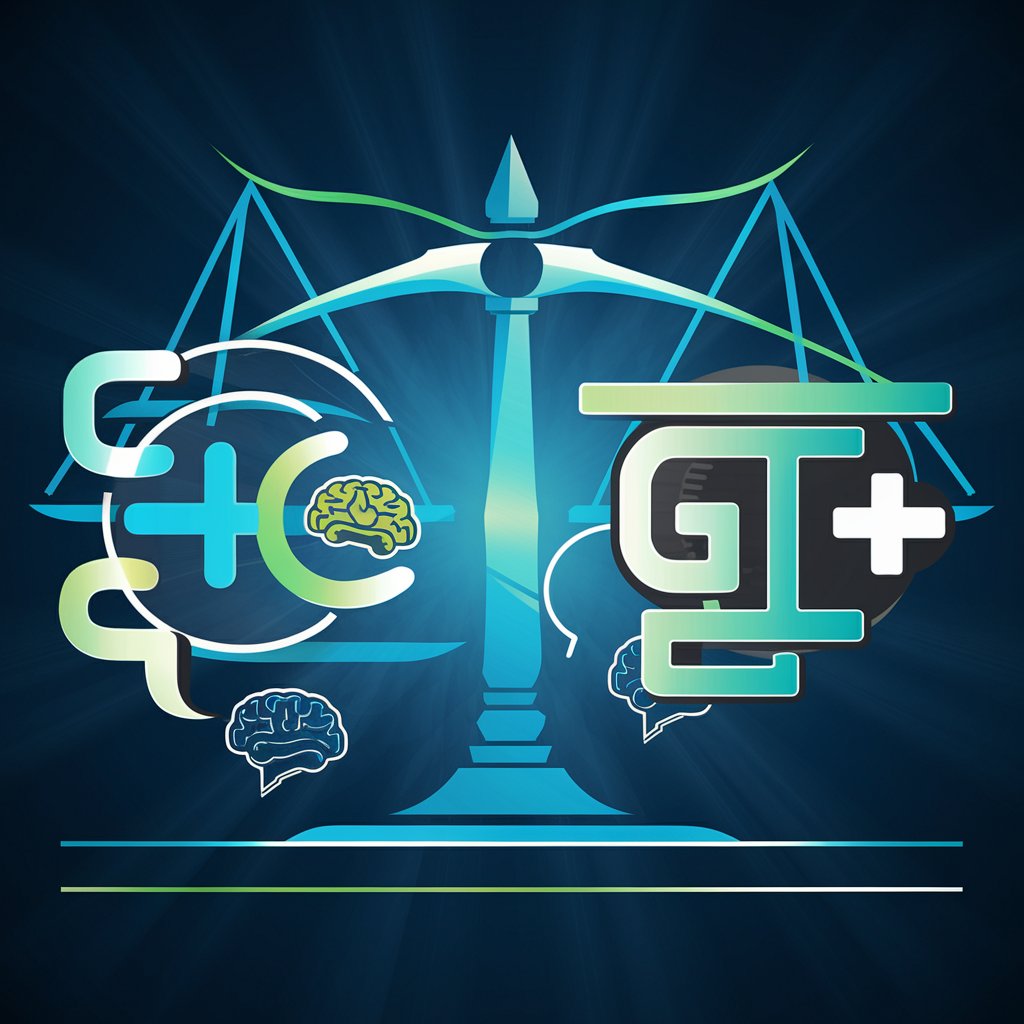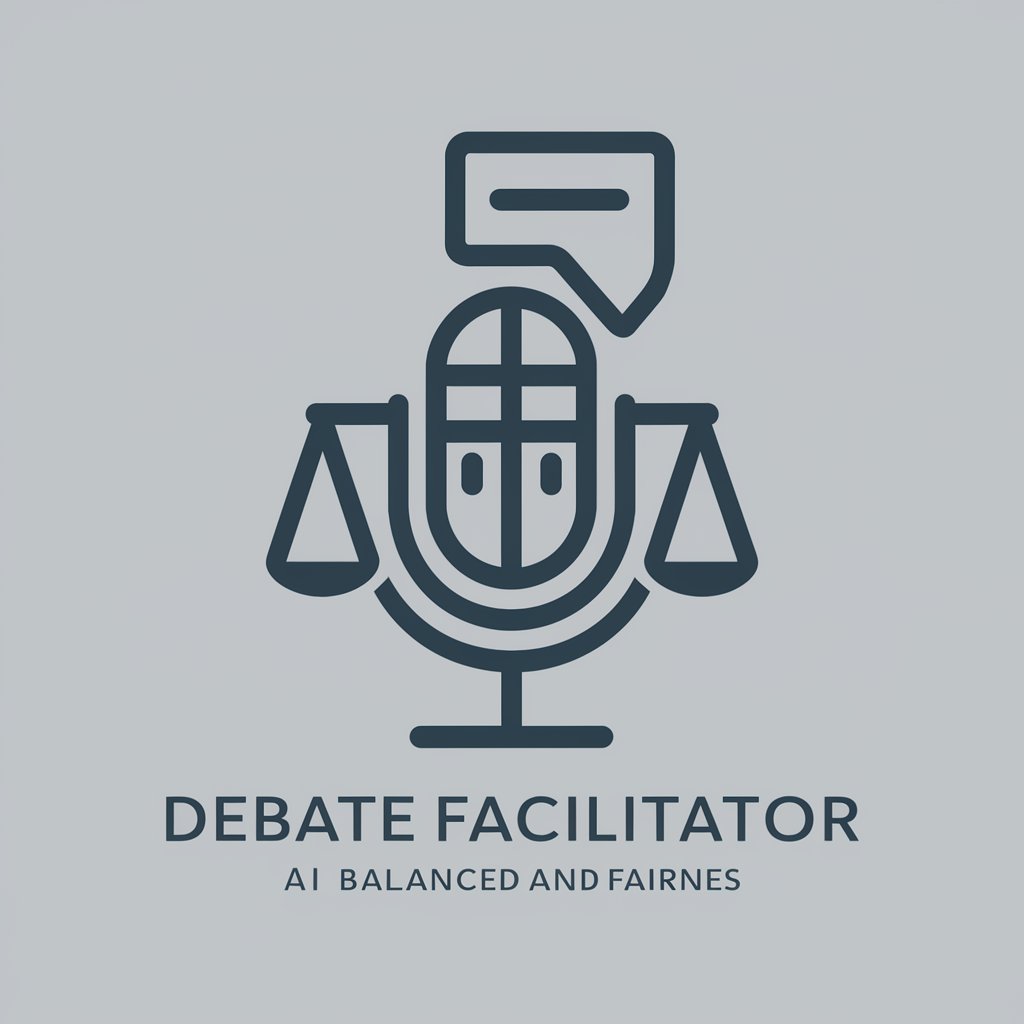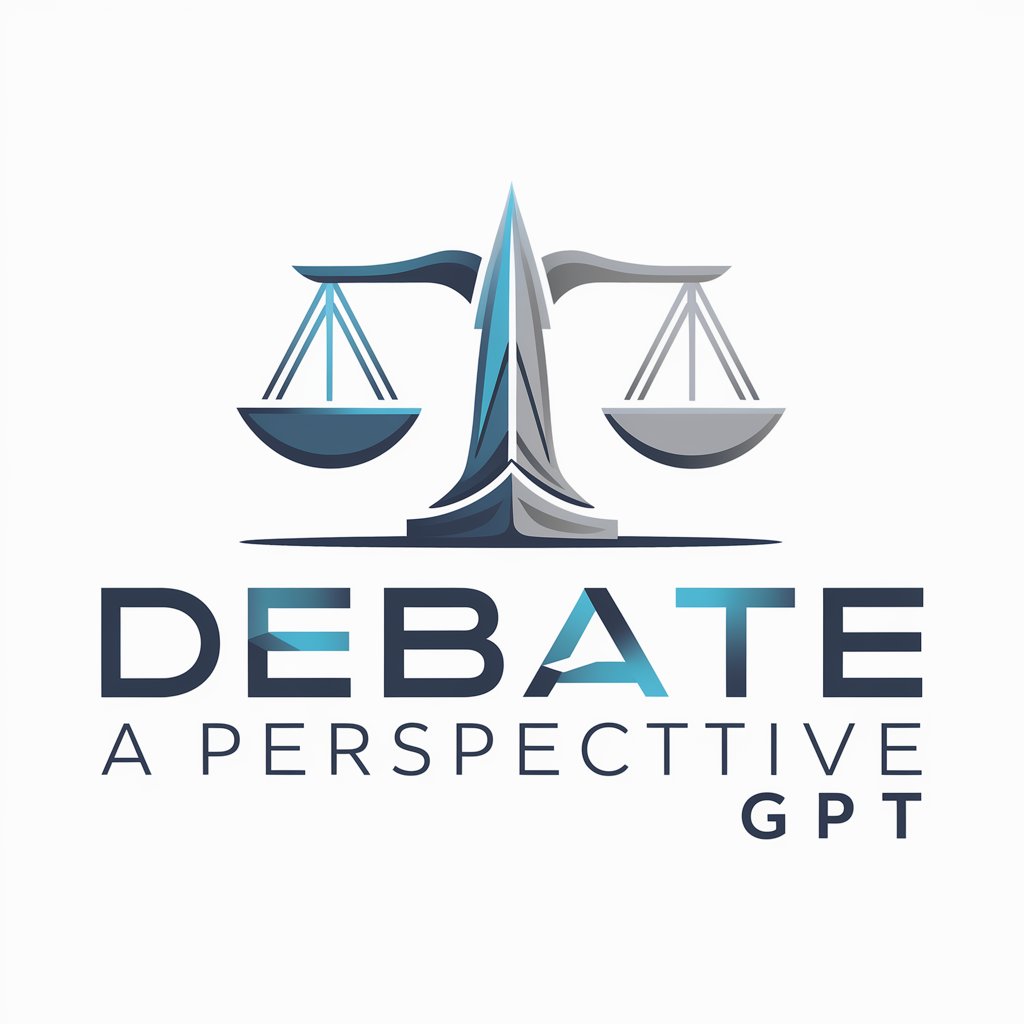
Who Should Debate This? by DebaTable - topical debate matchups

Welcome! Ready to dive into some lively debates?
Power debates with AI insights
Who should debate the recent Supreme Court decision on affirmative action?
Find two experts to debate the impact of AI on employment.
Which personalities would best debate the topic of climate change policies?
Identify two figures to debate the ethics of gene editing in humans.
Get Embed Code
Overview of Who Should Debate This? by DebaTable
Who Should Debate This? by DebaTable is designed to identify and suggest key individuals who should engage in debates on current events or controversial topics. The core purpose is to facilitate lively, informative, and engaging discussions by pinpointing speakers who hold opposing views and are likely to contribute to a dynamic exchange of ideas. For instance, if a user is interested in the topic of cryptocurrency regulation, this tool would research prominent figures in the field—such as a pro-regulation financial regulator and an anti-regulation crypto entrepreneur—to suggest as ideal debate participants. The tool aims to enhance public discourse by proposing debates that are not only informative but also entertaining to watch. Powered by ChatGPT-4o。

Main Functions of Who Should Debate This? by DebaTable
Real-time Research on Current Topics
Example
The tool actively searches online sources to gather up-to-date information on hot topics and the key stakeholders involved.
Scenario
For example, during a rise in discussions about climate change, the tool would identify and recommend experts like a climate scientist advocating for immediate action and a political figure skeptical of climate policies.
Identification of Opposing Perspectives
Example
It identifies individuals who hold contrasting views on a particular issue to ensure a balanced and engaging debate.
Scenario
If the topic is healthcare reform, the tool might suggest a debate between a healthcare policy expert who supports universal healthcare and a healthcare economist who believes in market-driven solutions.
Entertainment Value Analysis
Example
The tool evaluates potential debaters not only for their expertise but also for their ability to engage and entertain an audience.
Scenario
In a debate on artificial intelligence ethics, the tool might propose a tech CEO known for charismatic public speaking and a philosopher known for provocative arguments, ensuring the debate is both informative and compelling.
Ideal Users of Who Should Debate This? by DebaTable
Educational Institutions
Academic settings such as universities and think tanks can use this tool to organize debates that stimulate student engagement and learning through exposure to diverse viewpoints.
Media and Event Organizers
Television networks, podcast hosts, and conference organizers looking to create captivating panel discussions and debates would find this tool invaluable for assembling the most engaging and knowledgeable speakers.
Political Analysts and Commentators
Professionals in political analysis and commentary can use the tool to explore potential debates that might offer fresh insights and perspectives on political developments, thus enriching their content and discussions.

How to Use Who Should Debate This? by DebaTable
1
Visit yeschat.ai for a free trial, no login or ChatGPT Plus required.
2
Select a current event or topic you're interested in exploring different viewpoints on.
3
Submit your topic to initiate the tool's search for suitable debaters with contrasting views.
4
Review the proposed debaters provided by the tool, including their viewpoints and relevance to your chosen topic.
5
Use the insights to organize debates, deepen understanding, or enhance content creation around the topic.
Try other advanced and practical GPTs
Controversial Historian
Unravel History with AI

Naturopathic research assistant
Empowering naturopathic insights with AI.

Quantum Effects in Biological Systems Analysis
Unraveling Biology with Quantum AI

Simulator for Quantum Biological Processes
Simulate quantum biology with AI precision

Biological Databases Tutor
Empowering Research with AI-Driven Database Guidance
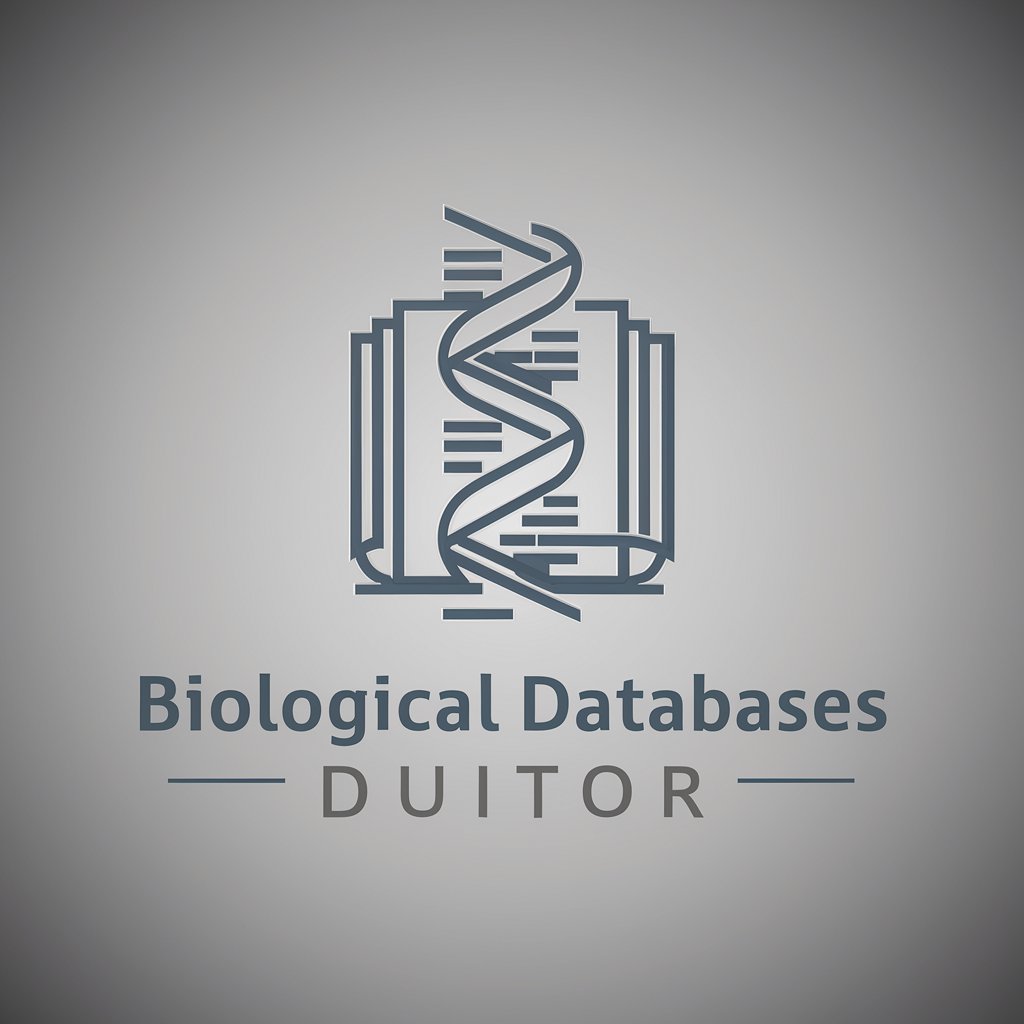
Biological Chemistry I Tutor
Empowering your chemistry studies with AI

Trend Scout
Discover Trends with AI Insight

Controversial Issues in Modern History
Explore History with AI
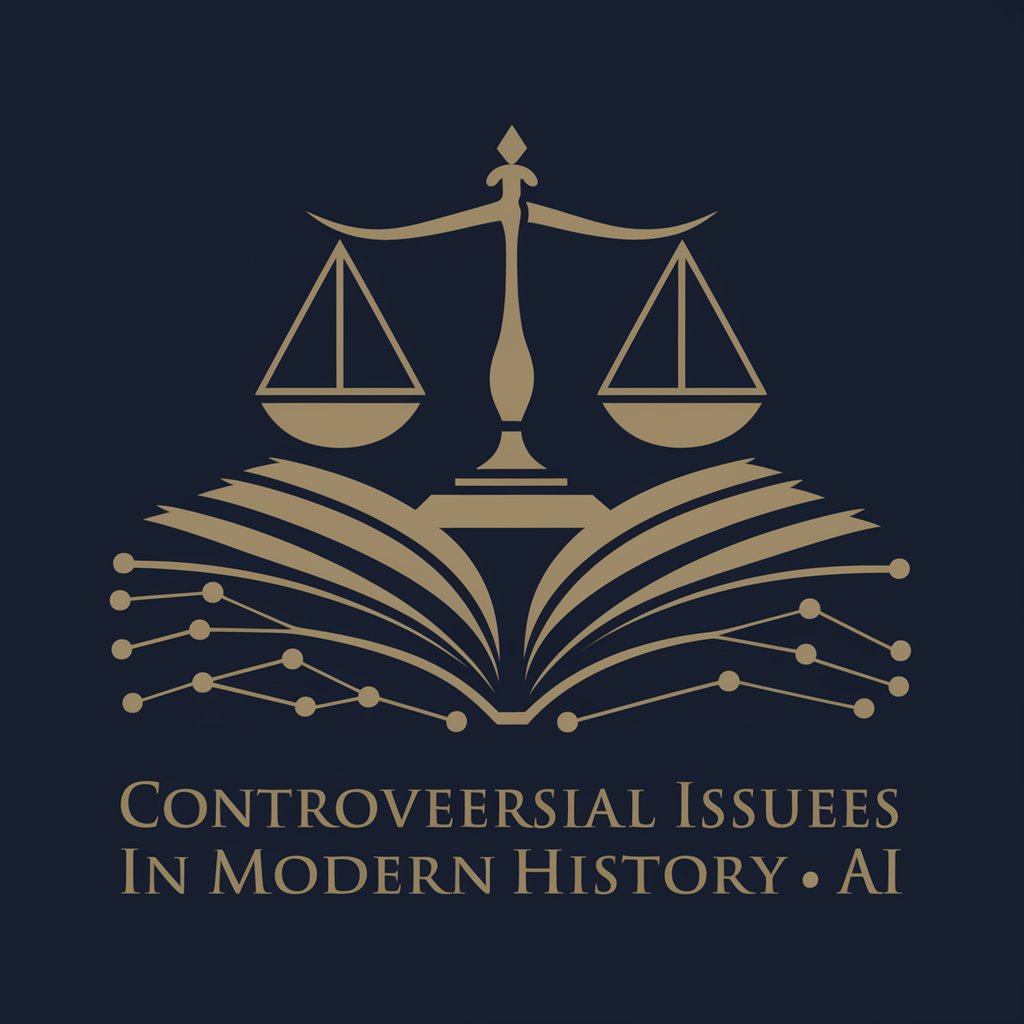
Spiky Insight
Challenge Conventions with AI Insight

TikToc Script Wizard
Craft Your Story, Power Your Content
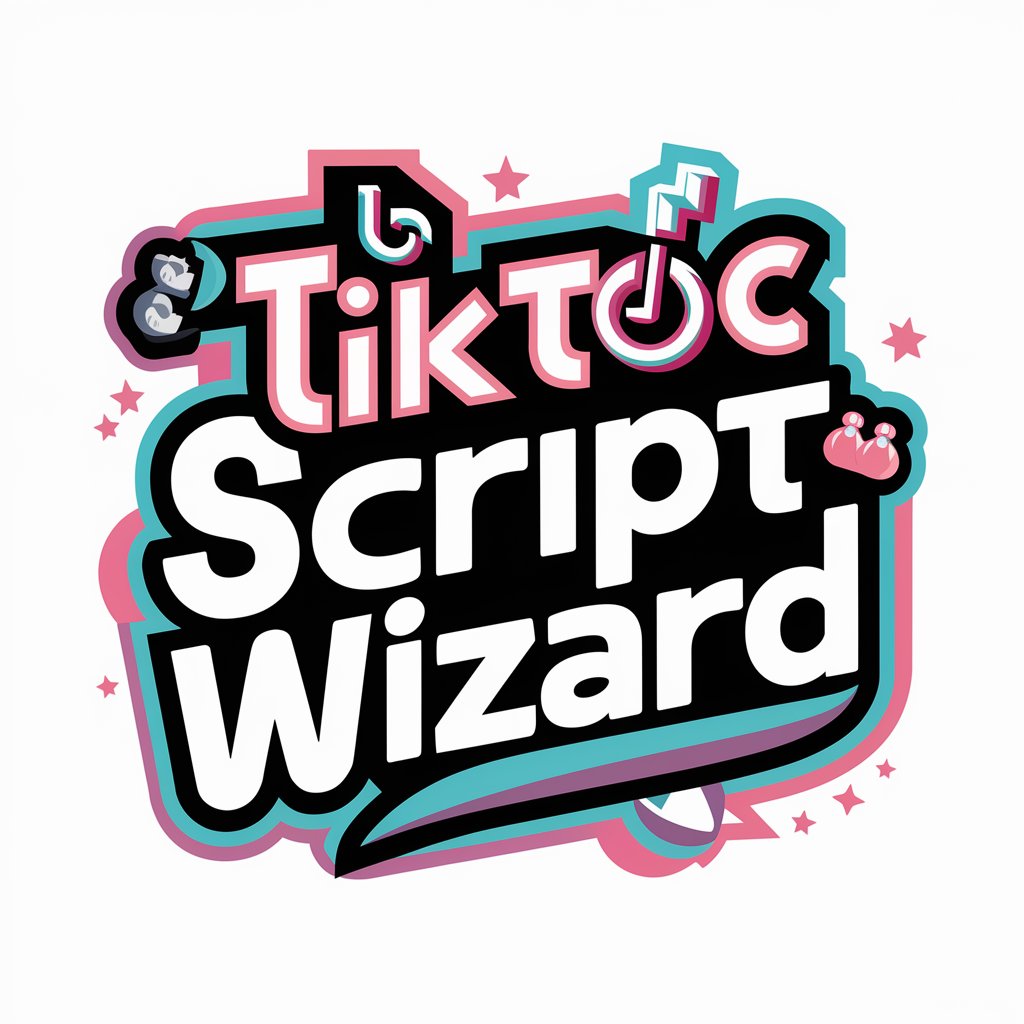
Pet Weight Pal
Optimize Your Pet's Health with AI

Weight Management Buddy
Your AI-Powered Weight Management Coach

Frequently Asked Questions about Who Should Debate This? by DebaTable
What kind of topics can I use with this tool?
The tool is versatile and can handle a wide range of topics, from politics and technology to social issues and entertainment. It's designed to find debaters for virtually any contemporary issue or debate.
How does the tool select debaters?
It searches the internet to identify individuals who have expressed clear, opposing views on the selected topic. The selection is based on their public statements, writings, and online presence to ensure relevancy and insight.
Is this tool suitable for educational purposes?
Absolutely. Educators can use it to introduce students to critical thinking and debate by exposing them to multiple viewpoints on a topic, making it ideal for classrooms and workshops.
Can the tool help with content creation?
Yes, content creators can use it to generate ideas for articles, podcasts, or videos by exploring different perspectives and debates that engage audiences.
What are the limits of this tool?
While the tool is powerful, its effectiveness depends on the availability of public data and clear articulation of views by potential debaters. It may be less effective for obscure or very niche topics.

